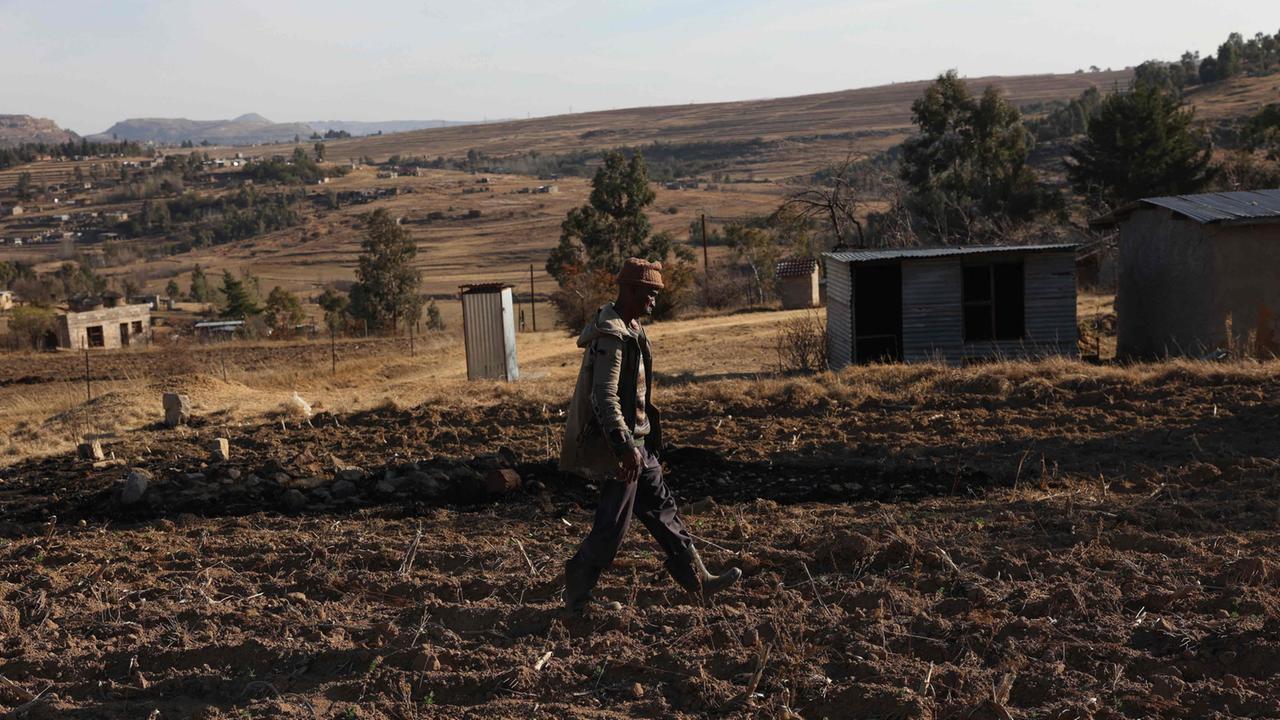Millions of people in southern Africa are already starving. In several countries, droughts lead to crop failures. The United Nations World Food Program is now warning of a dramatic hunger catastrophe.
The months-long drought in southern Africa has triggered the region's worst hunger crisis in decades, according to the United Nations. The UN World Food Program (WFP) warns that the situation could develop into a humanitarian catastrophe. The WFP in Geneva reported that 27 million people were affected, 21 million of whom were children. Harvests failed and livestock died. Many already have to get by on just one meal a day.
Five countries have already declared the hunger crisis a national emergency and asked the international community for humanitarian aid: Lesotho, Malawi, Namibia, Zambia and Zimbabwe. The situation is also currently difficult in Angola and Mozambique, said Tomson Phiri, WFP spokesman for the Southern Africa region. “This is the worst food crisis in decades.”
According to the WFP, the drought was triggered by the El Niño weather phenomenon. A barren period begins in October in southern Africa, and until next year's harvest in March and April, each month will be worse than the last, Phiri said.
The WFP is lacking donations
The World Food Program needed around $369 million to provide immediate aid, but had only received a fifth of that amount due to a lack of donations. The WFP began assisting authorities with food and other “critical support” at the request of governments in the region, Phiri said. At the same time, help is urgently needed in the Gaza Strip, Sudan and elsewhere.
One of the areas most affected by climate change
El Niño, a natural weather phenomenon that is warming parts of the central Pacific, has different effects on the weather in different parts of the world. El Niño last occurred in the middle of last year and ended in June. The phenomenon, along with human-caused climate change and general warming of the oceans, has been blamed for 12 months of heatwaves and extreme weather events.
According to researchers, southern Africa is one of the regions in the world most affected by climate change because people are heavily dependent on agriculture and natural resources.




